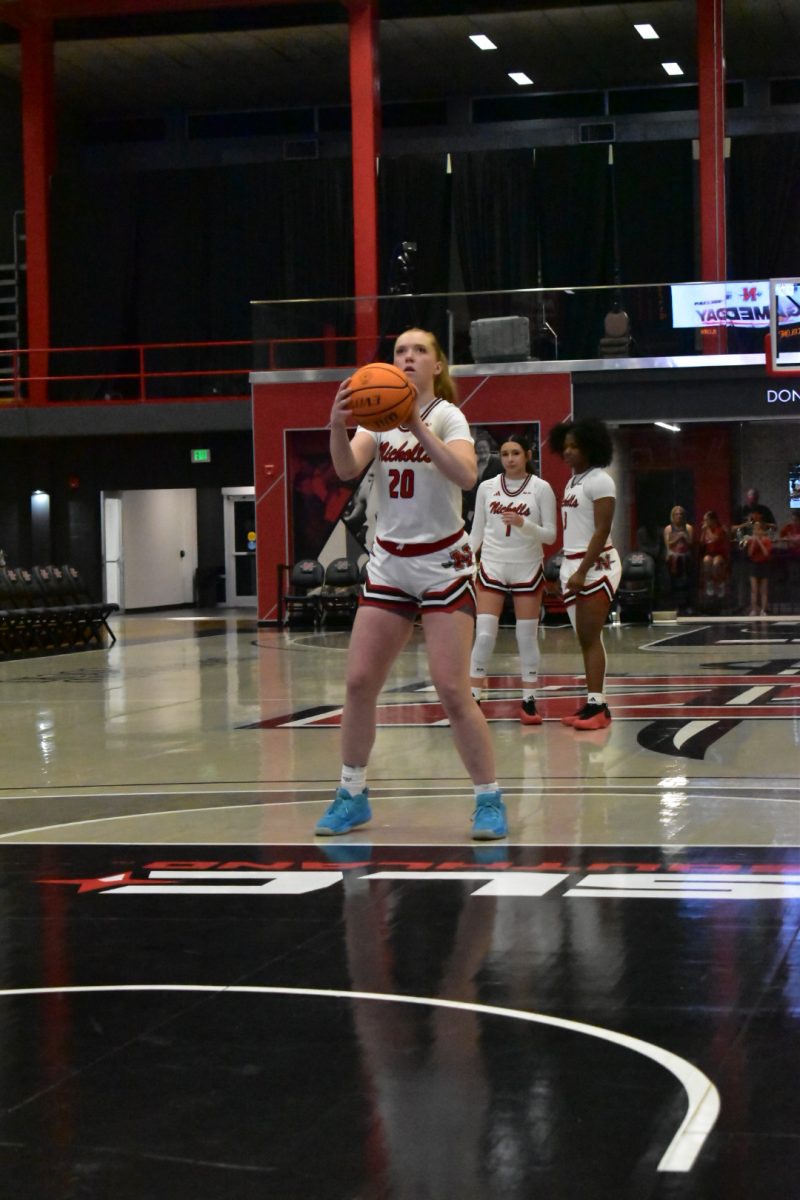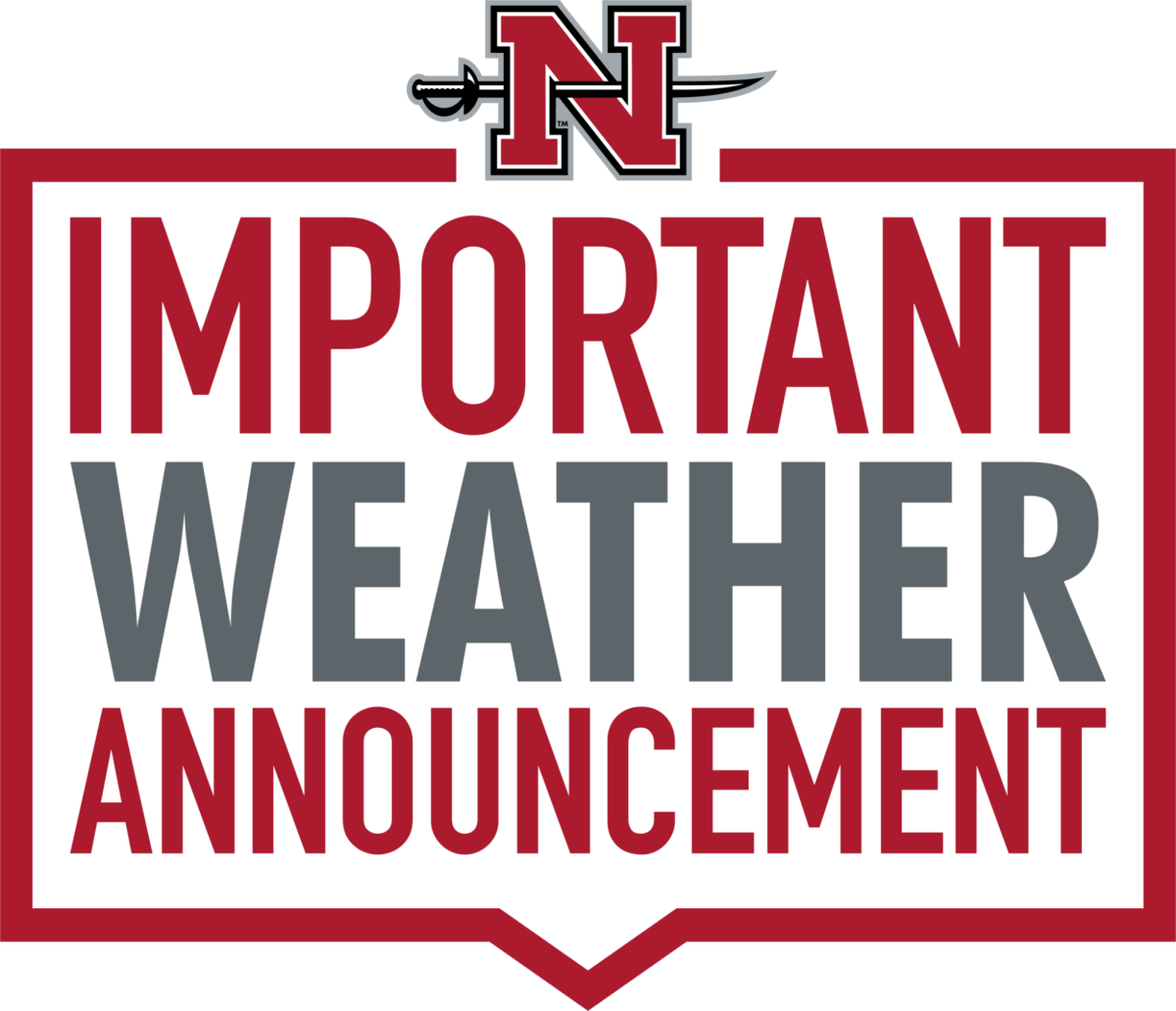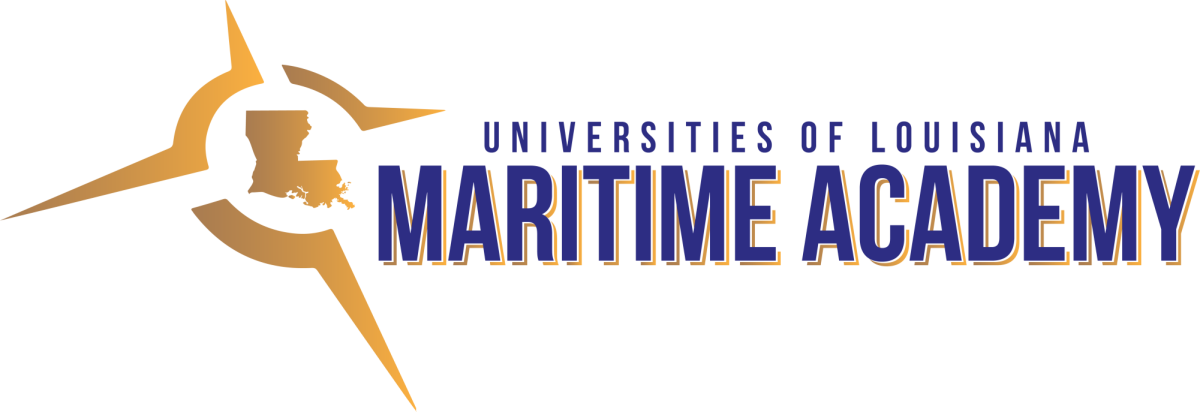Editor’s note: Cheryl is not the real name of the person in this story – although the information is factual. Her name was changed for personal reasons. Cheryl was amazed when she arrived at Nicholls three years ago. Almost every time she checked her mailbox there were those letters offering easy credit for new college students that included free gifts such as T-shirts, pens, mugs or baseball caps.
Cheryl applied to one, was approved, and within months she had five, quickly maxing them out while buying music CDs and more expensive clothes than she ever had during high school.
A 19-year-old physical education sophomore from Schriever, Cheryl has already fallen into more than $2,000 credit card debt. She is so financially burdened that it is difficult for her to spare a few bucks to go out with friends, and she pays just the minimum amount of $10 on credit card bills.
Cheryl is not alone. More and more undergraduate students have unpaid credit balances between $1,000 and $3,000, with an average debt of $2,327 last year, national studies report. Graduating students owe an average of $20,402 in student loans and credit balances combined. Students often double their average credit card debt and triple the number of credit cards they have from the time the arrive on-campus until graduation. Eighty-three percent of all college students have at least one credit card.
“You feel a sense of independence because you’re getting the card on your own. But we don’t fully understand what we’re getting into. I love to shop, and credit cards make you feel like you’re not spending any money at all. Then that all goes out the window once the bill comes in. It’s not ‘free money’ like it may seem,” she says.
Judy Daniels, dean of student life and assistant to the vice president of student affairs, says credit cards can be beneficial for students. But the outstanding debt that can affect students negatively, is caused by a combination of students’ lack of knowledge of credit cards and information that is seemingly hidden by credit dealers, she says.
“Credit cards and financial freedom are a privilege of adulthood,” Daniels says. “Using credit cards are not the problem. Having a credit card with a certain limit is a good opportunity to learn how to establish credit because we all need credit to buy cars and houses and things like that. College students unfortunately get into trouble because instead of just using it, they end up abusing it. Part of that is because they don’t know any difference,” she says.
The negative affects of credit cards on college students — particularly carelessness by credit card companies — outweighs the positive potential to build credit early in life, Daniels says. “I don’t think credit card companies are interested in students being knowledgeable. They’re in business to make money and students are a very good money-making machine. I don’t have a lot of faith in the large companies who issue those cards. They don’t even care to send a warning if they see a student may be in danger of outstanding debt,” she says.
Credit dealers do not stress the necessary information that should be given to students as soon as they apply, she says. “They’ll give you stuff, but it takes a lawyer to interpret it and a magnifying glass to read it. Students aren’t going to read all the fine print. They’re just happy to have the card and some freedom. The companies don’t withhold information because legally they have to provide it, but they don’t go out of their way to have well-informed students,” she says.
One of the things Daniels says student should watch out for is a “teaser rate.” After starting out with low and enticing interest rates, the credit card dealers slowly increase it until it is higher than the student expects — sometimes starting as low as five percent and rising to as high as 18-20 percent.
Shelly Delatte, student life clerk chief, says: “My [two college-aged] children do not have credit cards. I just feel that when you give a student who is already struggling to make it financially, through classes, a part-time job and getting studying done, that you are just enticing them to overspend on something they have no way of repaying. Then it falls back on them getting the money from their parents. Some parents do it, but I don’t want to be the one that would have to do it. As far as them building credit, I co-sign for car loans and they pay the loans.”
Credit card debt causes students to work more hours and in turn it affects students’ grades, overall performance and even free time to spend with friends, Daniels says. “At one time students had personal time to study, enjoying time with friends and enjoying other activities. But now, students have to really squeeze out time [for such things] because they’re in school and then they’re working to pay off bills,” she says.
Students are using credit cards more because it is convenient and safe, Daniels says. “If I’m going to the mall and I know I need to buy an outfit or some shoes, it might cost me $200 or more. It’s easy to pull out a piece of plastic and swipe it through a machine. And I would feel safer and more secure carrying plastic than carrying that much cash.”
Unlike most universities, which allow credit dealers to come on campus to recruit students, the Nicholls administration prohibits such activity, Daniels says. “If a student chooses to apply online or through the mail, that’s their personal choice. But we are not sending the message to students that this is okay. We are not giving the credit card companies a free reign to take advantage of our students who are just getting out there in the world on their own. We don’t want to set students up,” she says.
Joshua Manning, an English junior from Thibodaux, says he has a credit card but uses it responsibly. “I use it regularly, but it is usually for stuff I need but might not have the funds right away, like groceries. The credit card companies should make interest rates and everything public knowledge by including it in their advertisements and all, but they shouldn’t be responsible for someone’s shopping spree.”
Daniels, along with several students, believes financial classes should be taught at every university. “I think we have a duty to make sure students have access to the best information possible. It should at least be part of the Freshmen Studies class curriculum.” Delatte believes “Credit Card 101” should be a required class on its own for incoming freshmen. “Students need to be warned about the consequences of getting one,” she says.
Cheryl says if she had been better educated about credit cards, she would not have fallen into debt so quickly.
Daniels says: “It’s not a good situation and I think we need to do a better job in terms of educating students about the responsibilities of a credit card because many students get into serious trouble and it takes years to undo the damage to debt and credit history. Credit history follows people wherever they go.”
“In America, money talks. We always want stuff and more stuff. We like the sense of freedom. It’s just that some of us don’t have the self-discipline or the information about what we’re doing and what can happen if we misuse it,” she says.
Daniel Piacun, graduate assistant of Student Union services, says he has chosen to not use credit cards.
“It’s modern slavery,” he says.
Students failing Credit 101; suggestions made for inprovement
Kenny Boudreaux
•
March 13, 2003
0
More to Discover







